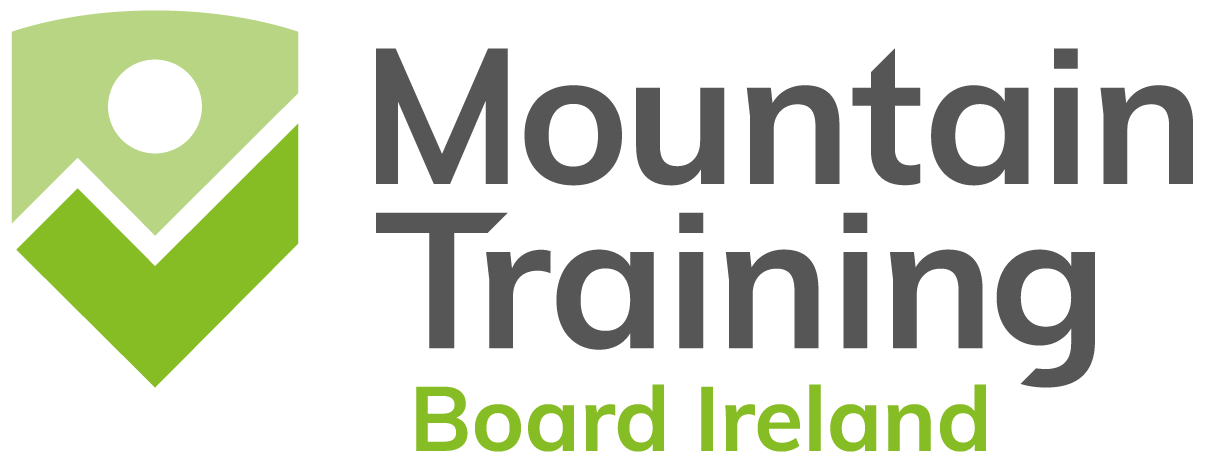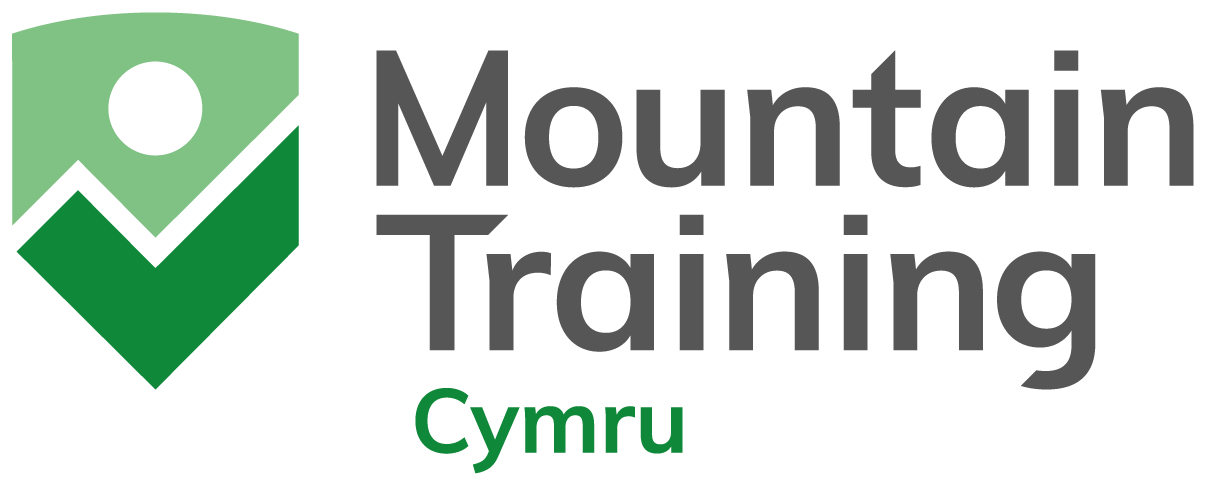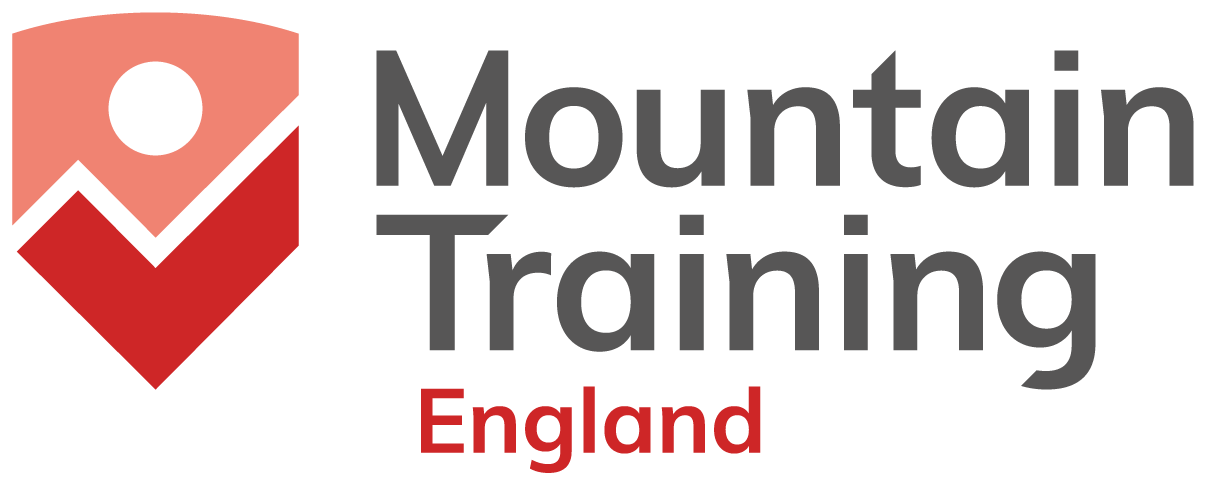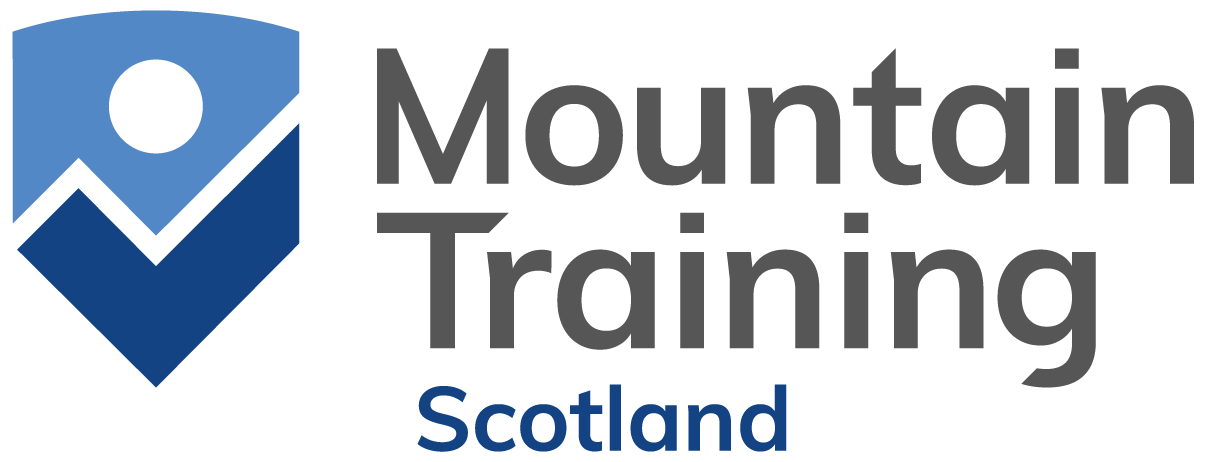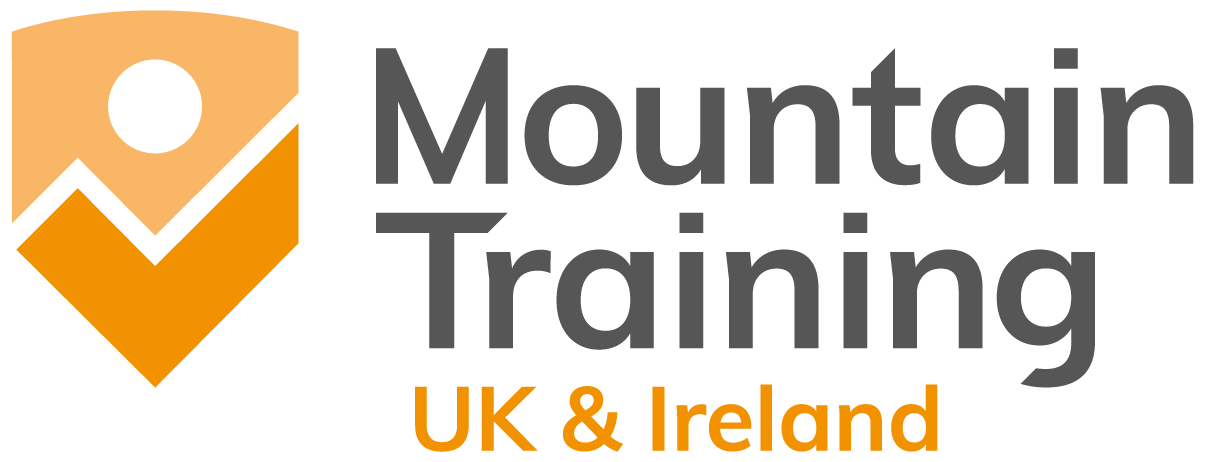Please note, when this research took place this qualification was called Mountaineering Instructor Award (MIA). Amendments have been made to this page to reflect the new name. The report has not been amended.
In December 2016 we (Mountain Training) wanted to learn more about candidates' preparation for Mountaineering and Climbing Instructor (MCI) assessment, through better understanding of the differences between those who were successful and those who were not. This was partly triggered by a year of mixed results as well as by the momentum of the climbing qualifications review and a bigger research project about pathways through our qualifications, which is currently taking place in partnership with Bangor University.
A survey was designed in collaboration with the Institute for Psychology of Elite Performance at Bangor University and sent to everyone who had attended an MCI assessment between 2014 and 2016, asking them about their first assessment.
We had an incredible response to the survey we sent out: 91 out of 149 candidates began the questionnaire and 77 (52%) completed it. This is much higher than expected and testament to the passion and commitment of the individuals who stood to gain nothing other than the knowledge that they might help future candidates. Thank you all.
The results were analysed by a team from Bangor University headed up by doctoral researcher Will Hardy, supervised by Dr Ross Roberts and Professor Lew Hardy (IFMGA Guide), and assisted by the team at Mountain Training including Libby Peter (IFMGA Guide, MIC), John Cousins (IFMGA Guide, MIC) and Nicola Jasieniecka.
Here is the executive summary of the final report, which can be downloaded in full from the bottom of the page. We hope you find it useful. Please email any questions to info@mountain-training.org
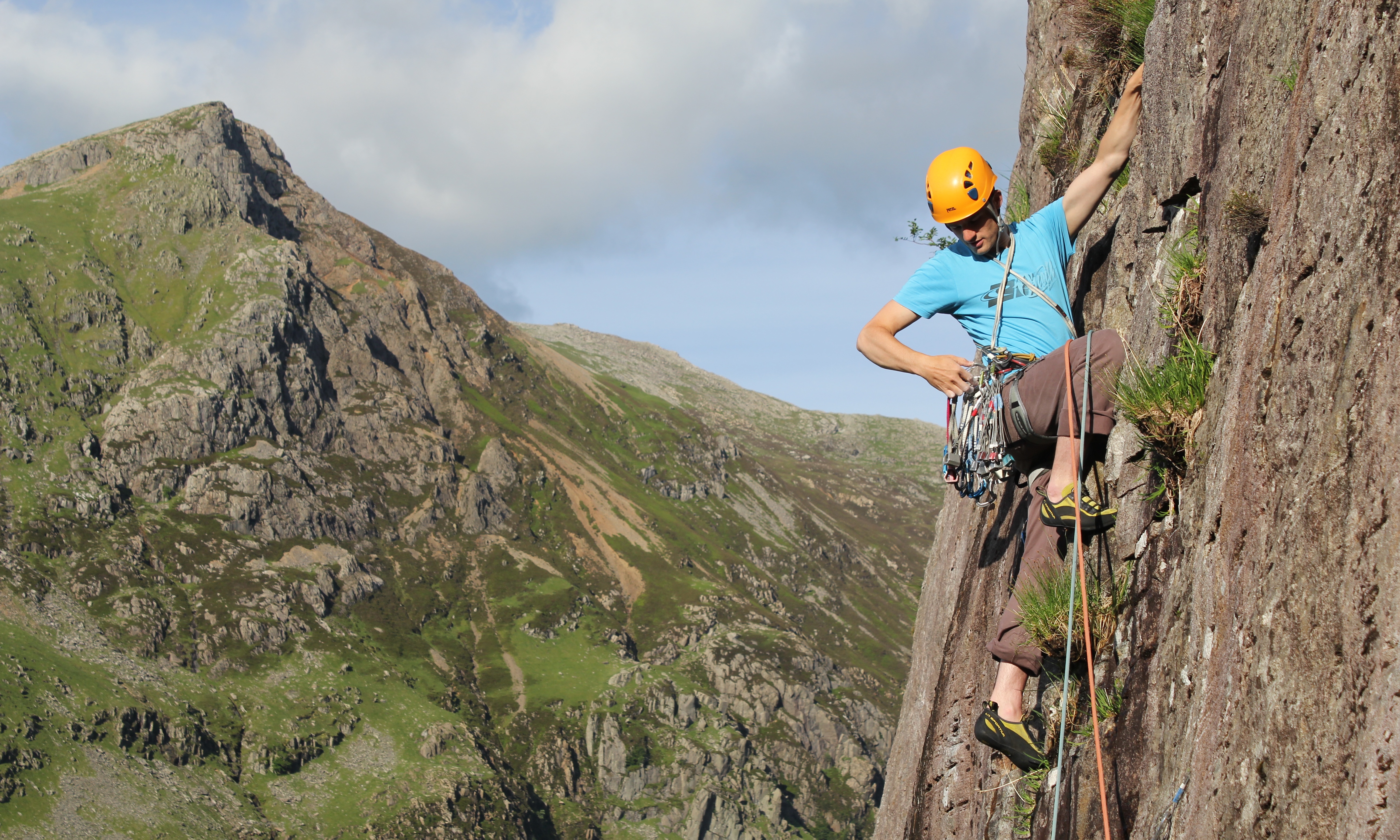
Scope and objective:
The percentage of candidates passing the Mountaineering and Climbing Instructor (MCI), at their first assessment, declined from 61% in 2010 to only 35% in 2016. Mountain Training recognise that the first-time pass rate can be improved upon and wish to see that. Mountain Training commissioned this survey to attempt to identify differences in the preparation of candidates who passed their first assessment and those who did not.
Findings:
There were several key themes that differentiated those candidates who passed first time and those who did not:
- The time they had to commit to preparation
- How thorough their preparation was
- How confident they were
- Deliberate practice of scrambling and navigation
- Input from qualified instructors with current knowledge of the MCI
- Social support beyond the technicalities of the MCI process
Recommendations:
This report makes recommendations for stakeholders (Mountain Training, course providers, and the associations) and candidates.
Stakeholders should: work together to create a common plan with organisation specific tasks that ensure candidates receive the support that they need and that it is of a suitable quality.
Candidates should: ensure that they put the requisite time into preparing for their assessment, ensuring that they do not miss any areas of the syllabus and that they particularly focus on the skills they do not use recreationally. Candidates should also identify areas that they need support in and actively seek that support out; this may be help with technical aspects but could also be esteem or emotional support.
